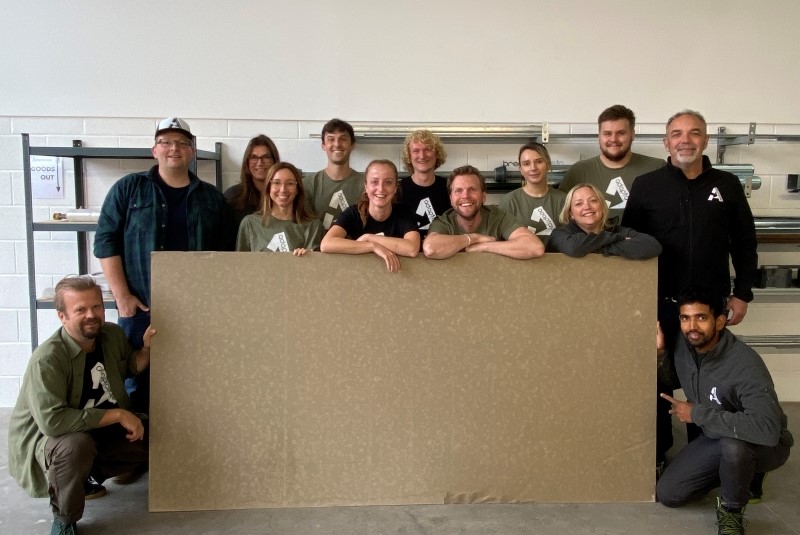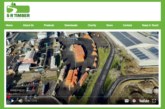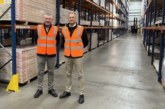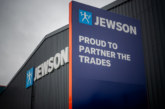
Bristol-based Adaptavate has raised a further £2m to help it “develop and industrialise carbon negative construction materials globally.”
With the announcement of another round of investment of £2m, the company says it plans to accelerate its work to develop and industrialise carbon negative construction materials at a global scale, with a key focus on one of the world’s most used construction materials: wallboard, and associated products.
This investment round has been led by Counteract, with Low Carbon Innovation Fund 2 (LCIF2), Semin, Perivoli Innovations, and several industry experts’ participation too. It builds on Adaptavate’s previous Seed round, announced in March 2022, and subsequent support received to industrialise the development of carbon negative construction materials.
The company reports it is “currently building a revolutionary development centre” including laboratories and pilot line in Bristol, and is accelerating its research to complete testing and licencing programmes for Breathaboard – described as a scalable, carbon sequestering alternative to one of the most widely used building products, plasterboard. Adaptavate says it will take Breathaboard from the pilot line to buildings’ walls by the end of 2023, with first pilot projects already secured with world leading organisations.
The new funding will allow the business to expedite its ongoing work on carbon negative formulations and carbon capture processes for developing and industrialising drop-in, high-performing and carbon negative alternatives to the most widely used construction materials. Furthermore, the company is also looking to “licence its technology to the world’s largest building products manufacturers” and has already started conversations with potential partners.
Tom Robinson, CEO and founder of Adaptavate, said: “This funding round is a pivotal point in the acceleration of Adaptavate and our aim to be the world leader in this space. With the support of like-minded funding partners, we are leading the carbon revolution of building materials as a form of Carbon Capture and Utilization (CCU). What I am most pleased about is that this funding round was oversubscribed, which shows the appetite for near to market, industrially scalable carbon absorbing technologies -even at an economically challenging time.”
Richard Barker, partner at Counteract, commented: “Adaptavate is a great British innovator with a truly global opportunity. Its products will have an exciting role in helping to decarbonise the construction industry. Tom and his team have made incredible progress to date and have developed a range of high-value foundational IP.
“Counteract is happy to have supported Adaptavate’s growth to date and also to have led this fundraising round, which will now allow it to begin commercialising its novel, low carbon, drop-in replacement for carbon intensive plasterboard.”









